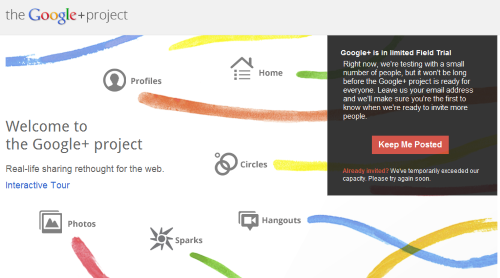According to a study by the management consulting firm Janco Associates released this February, only around one in four businesses have incorporated social media into their disaster recovery (DR) or business continuity planning. Despite this, recent announcements show that the government is adopting this platform for use during emergencies, which may prompt businesses to follow suit. Previously this year, the Federal Emergency Management Agency said it would begin using the platforms to communicate with citizens and business owners during a disaster.
"Janco believes that DRPs and BCPs need to include blogs, video, Facebook, and Twitter to rapidly spread information during the recovery process from earthquakes, fires, hurricanes and civil unrest both here and abroad," the report said.
Since these outlets can provide for easy internal and external communication (not to mention cost-effective marketing strategies), business owners may want to ensure they adapt to the needs of their customers, and that once they do, they revise their DR plans accordingly.
For example, an experienced DR consultant can help a company generate ideas on who will be responsible for communicating through these channels during a disaster. In addition, company officials may benefit by setting guidelines for the kind of information that they plan to post during these times. For instance, some information may damage client or customer relations, or portray the business in a way that makes them seem ill-prepared for the events.
By securing hot sites and the essential equipment, companies can also ensure that they continue to monitor and respond to consumer and client questions through this medium. Even businesses that don't turn to networks such as Twitter, Facebook or blogs to spread information may want to consider an experienced consulting firm when it comes to their disaster recovery planning, as a consultant can help them secure hot site contracts and develop protocols that ensure an orderly recovery process.

